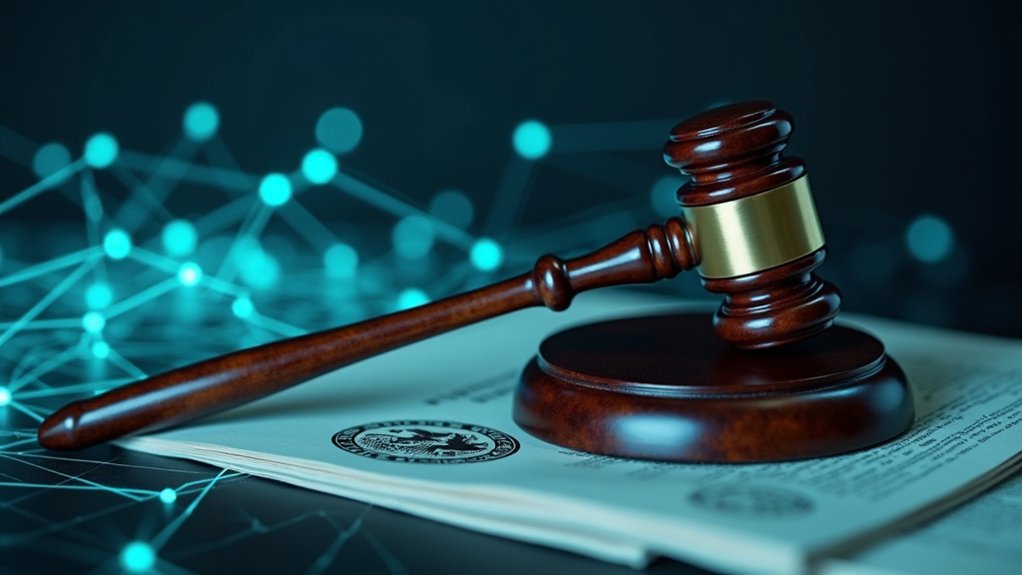Although the Securities and Exchange Commission’s posture toward digital-asset regulation has recently shifted toward a more deliberative, task-force-driven framework, the agency continues to press significant enforcement claims against Binance and its affiliates, alleging that the exchange operated as an unregistered securities exchange, broker-dealer, and clearing agency while offering and selling purported investment contracts such as BNB, BNB Vault, and staking programs, allegations that, if substantiated under the Howey Test and attendant securities jurisprudence, would implicate systemic compliance failures and potential investor harm; concurrently, the SEC asserts additional misconduct, including false statements to investors and the mishandling of customer funds—charges distinguished from parallel actions against other platforms—while litigation developments, partial dismissals, and a contemporaneous internal pivot to the Crypto Task Force complicate both the enforcement calculus and the prospect of regulatory clarity, raising consequential questions about statutory interpretation, supervisory oversight, and the interplay between adjudicative remedies and broader policy-driven rulemaking. The contested filings allege unregistered offerings and failures to register as an exchange, broker-dealer, and clearing agency, claims that survived initial motions to dismiss and that thus sustain a substantive adjudicative pathway, even as the SEC’s institutional pivot toward regulatory engagement, encompassing Community Outreach initiatives and formalized Tech Audits, signals a parallel administrative strategy aimed at soliciting industry input and evaluating technical controls rather than relying solely on litigation to define market boundaries. Industry observers note that the Crypto Task Force’s mandate to refine asset classification, enhance disclosure regimes, and calibrate enforcement priorities introduces procedural interdependence between investigatory outcomes and prospective rulemaking, a dynamic compounded by contemporaneous political developments, including high-profile prosecutorial decisions and executive clemency that have injected geopolitical risk into regulatory forecasting. Market participants must accordingly reconcile immediate litigation exposure with longer-term compliance imperatives, instituting rigorous internal controls, cooperating with targeted Tech Audits, and participating in Community Outreach to influence emergent standards, while policymakers and courts grapple with doctrinal applications of the Howey Test, the contours of intermediary registration obligations, and the appropriate balance between remedial enforcement and structured regulatory reform. Recent developments also reflect that several major crypto enforcement matters were dropped, stayed, or closed amid the formation of a new Crypto Task Force. The Department of Justice has also amplified criminal enforcement in crypto, pursuing cases involving market manipulation and other illicit conduct. This regulatory environment underscores the importance of adherence to FinCEN anti-money laundering requirements to avoid significant penalties and maintain operational legitimacy.
Author
Tags
Share article
The post has been shared by 0
people.









